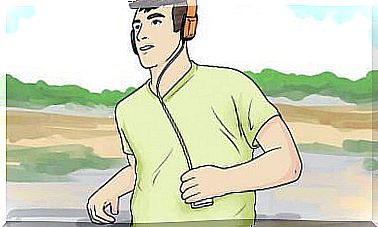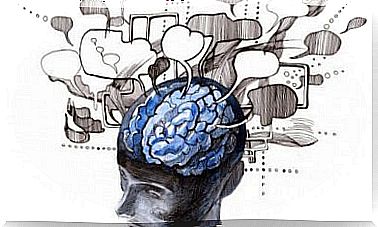How To Relieve Anxiety In Children?
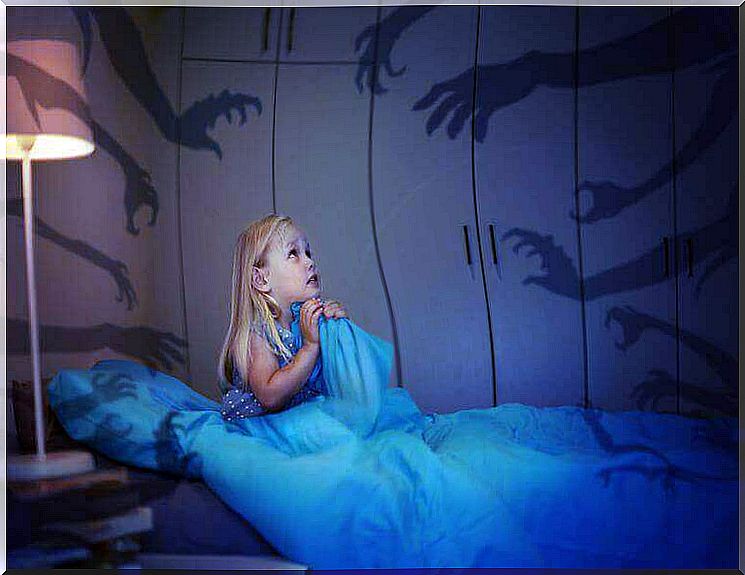
Anxiety is a normal reaction to something we consider a danger or threat. When someone experiences exaggerated fear, anxiety disorder comes to mind. In today’s article, we’ll look at how to relieve anxiety in children.
Stay tuned to learn more about childhood anxiety, its symptoms, and the best tips for dealing with anxiety so that your child does not develop any mental disorder.
What is anxiety?
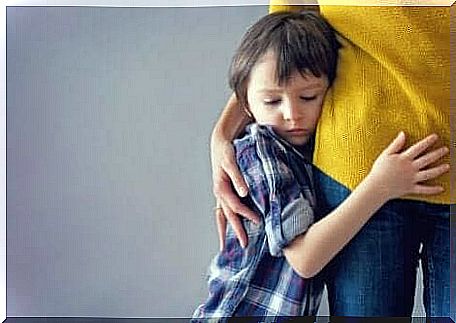
Anxiety is a basic feeling we have all experienced at some point in our lives. Do you still remember when you had to take a final exam in your studies? Or do you remember the day you had an interview for your dream job? You know for sure what anxiety feels like.
Children begin to experience fears that can cause anxiety , around the age of two or three. Does the bastard live under my bed? What would happen if my parents died? What if a thief broke into our home?
Even riding a bicycle and fear of falling over can cause anxiety in a child. This is a clear problem when that feeling is so intense and so exaggerated that it turns into a disorder.
Anxiety symptoms in children
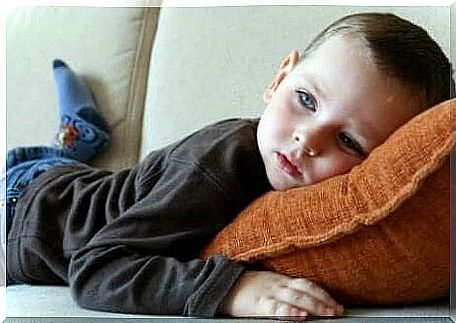
Anxiety can quickly become an unwanted companion if a child is unable to control their fears. Let’s look at possible symptoms of anxiety in children:
- Recurrent headaches and abdominal pain for no health reason
- Tight muscles, vibration or excessive sweating
- Difficulty sleeping: either difficulty falling asleep (also called insomnia) or difficulty getting up
- Extreme sensitivity and crying
- Anger for no apparent reason
- Irritability
- Extreme fear of making mistakes
- Panic attacks
- Phobias and excessive fears: For example, a child may be afraid of an animal or some natural phenomenon, such as a storm.
- The child fears that he will not be loved.
- Restlessness and constant nervousness
- The child does not want to go to school. He also may not want to eat there or use the school toilet.
- Constantly seeking approval from his parents.
- Constantly asks questions like “What would happen if…?”
- The feeling that he can’t do anything he hasn’t tried before.
As you can see, these symptoms overlap with other problems. They can be the result of bullying, for example. If you believe your child is suffering from anxiety, do not hesitate to contact your doctor for a diagnosis.
Anxiety disorders
Anxiety can turn into a disorder. Some of the most common disorders are:
- Phobias: A child feels extreme or irrational fear of an animal or situation. For example, he may be afraid of insects or going to the doctor.
- Separation Anxiety : A child is afraid to leave his or her parents.
- Social Anxiety: A child begins to be anxious when he or she has to go to a place with a lot of people, such as a school or a mall.
- Panic Disorder: The child sweats, feels dizzy and shakes. She has difficulty breathing and her heart rate accelerates when she is scared.
- General Anxiety: The child cares about everything around him.
How to relieve anxiety in children?
1. Help the child face their fears
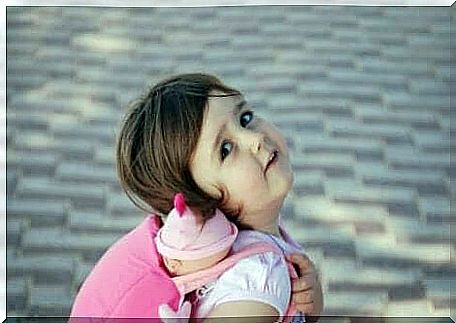
Your first reaction as a parent is probably to avoid activities that cause anxiety in your child. Don’t do this! The child must learn to face their fears – otherwise he will avoid the problem and only prolong his anxiety over time.
2. How to relieve anxiety in children: set an example
Children look at a model of their parents to weigh how to act in different situations. Show your child that you know how to control your emotions even when you are distressed. Be a mirror for the child!
3. Talk to your child
If you know your child is in a distressing situation, talk to him or her about it in advance. Not knowing how to act is different from not knowing the cause of anxiety. Therefore, knowing what is going to happen can help alleviate a child’s anxiety.
4. Show your feelings
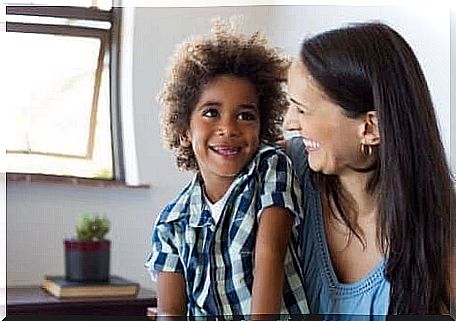
To relieve anxiety, it is important to show compassion. So listen without judging your child. To make your child trust you, you can open your own heart and talk about your own experiences. When you share your feelings with your child, he or she is more likely to share his or her own feelings with you.
5. Congratulate the child
Walk with your child as he or she tries to overcome his or her anxiety. Congratulate him on every small step towards overcoming his fears.
6. Show your support and love
Your support and love should be unconditional. Make sure your child understands it! There is nothing more important to a child than the fact that he knows you will always be by his side, no matter what happened.
7. Gently correct the mistakes made by the child
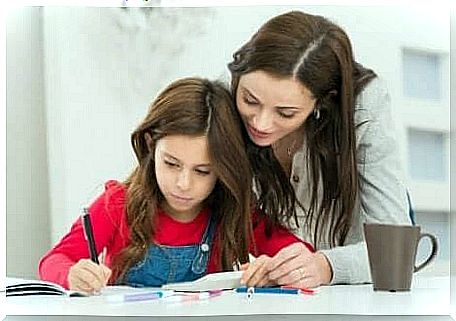
Correct the mistakes made by the child without stigmatizing his person. Remember that it is important to be able to talk about a child’s performance, even to give constructive criticism. However, do not classify anxiety as a personality trait.
8. How to relieve anxiety in children: seek professional help
If a child’s anxiety worsens to the point where he or she is unable to live a normal life, take the child to a doctor without hesitation. The psychologist helps the child to face their fears and find out their origin.
Anxiety is more common in children than you might think. Like adults, children sometimes find the environment threatening. Uncertainty breeds fear, and we have all certainly experienced this someday. It is important to learn to control fear and not let it control you.

